Back
Dr Bappa Dittya Saha
We're gonna extinct ... • 11m
From Reactive to Predictive: The Rising Practice of Prognosis Think of health predictions like modern weather forecasting. Just as meteorologists now use satellites and computer models to predict storms days in advance—instead of just looking up at dark clouds—doctors are using AI to spot health problems before symptoms appear. Remember when weather reports were just "it's raining" or "it's sunny"? Today's forecasts tell you exactly when the rain will start, how heavy it will be, and when it will end. Healthcare is making the same leap forward. AI will help doctors see the whole picture of your health—combining your medical tests, family history, daily habits, and even environmental factors—just like advanced weather systems combine temperature, pressure, wind patterns, and historical data. The result? Instead of just treating your cough after you get sick, future healthcare might alert you to increase your vitamin C three weeks before the cold season because your specific risk factors are high. It's about prevention rather than cure, saving both worry and resources. This isn't just about single illnesses either—it's about understanding how everything connects in your body and life, creating a complete health forecast unique to you. This concept isn't something new. But practicing it on a daily basis is difficult, and traditional methods are less accurate. Healthcare is all about precision!
Replies (3)
More like this
Recommendations from Medial
Account Deleted
Hey I am on Medial • 1y
my next idea Health AI uses advanced AI for accurate diagnostics, personalized treatment, real-time health monitoring, and predictive analytics. It empowers users and doctors with tools for informed decisions, early risk detection, and efficient, se
See MoreVIJAY PANJWANI
Learning is a key to... • 4m
The Stocks Behind Your Hospital Bill 💸 When you pay a hospital bill, it’s not just for doctors, nurses, or medicines. Behind every charge is an entire ecosystem of listed companies driving India’s healthcare sector: 🔹 Pharma: Sun Pharma, Cipla, D
See More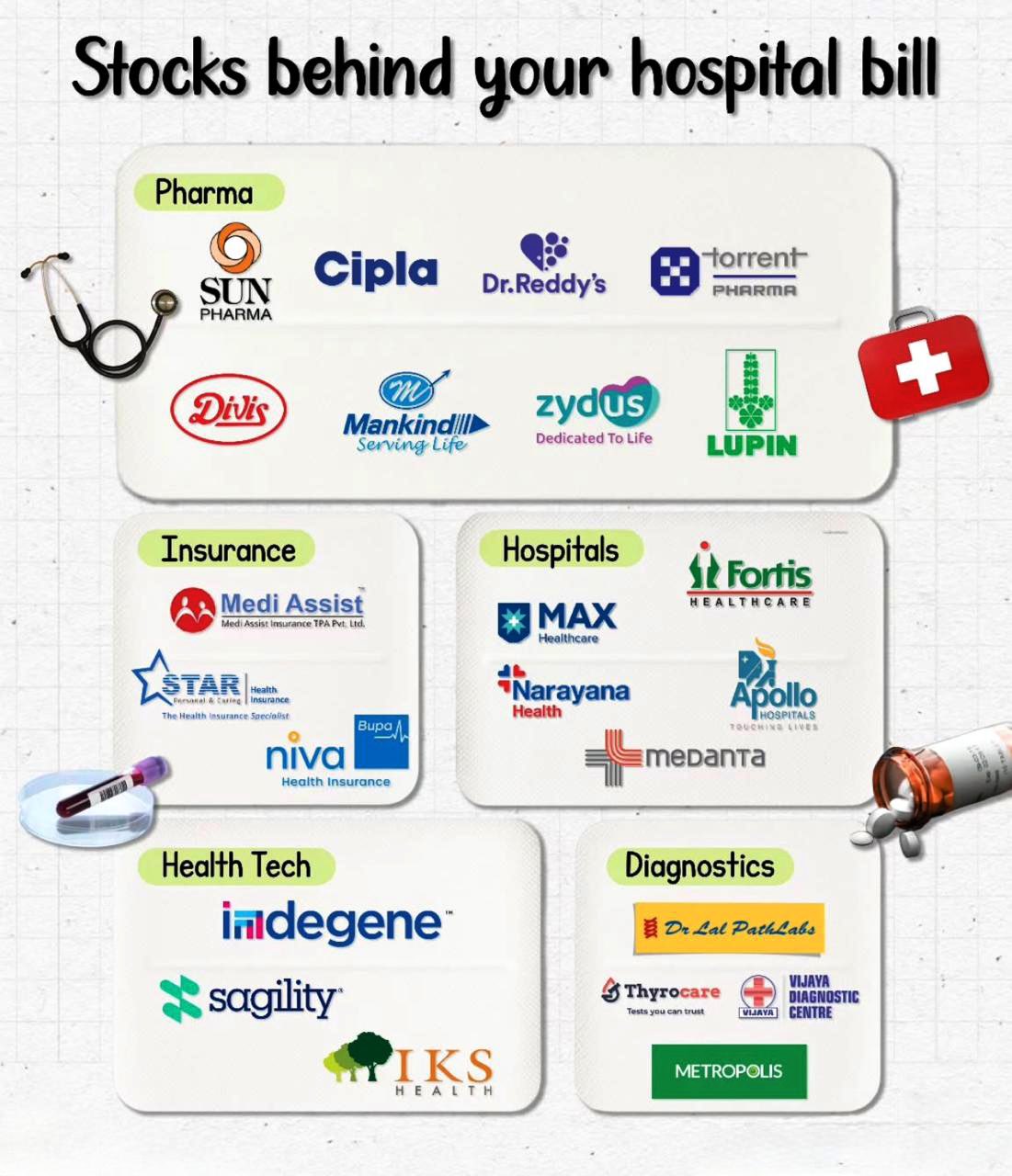
Tushar Mishra
Founder & CEO - Crav... • 11m
🚀 Help us revolutionize home healthcare! 🏥🏡 We’re working on MediCore Health, a platform that connects patients with doctors for home visits, lab tests, and pharmacy delivery. To ensure we build something truly valuable, we need your insights! �
See MoreVedant SD
Finance Geek | Conte... • 1y
The Future of Healthcare in India India's healthcare sector is undergoing a significant transformation, driven by technological advancements, increasing healthcare awareness, and government initiatives. The country's large population and growing midd
See More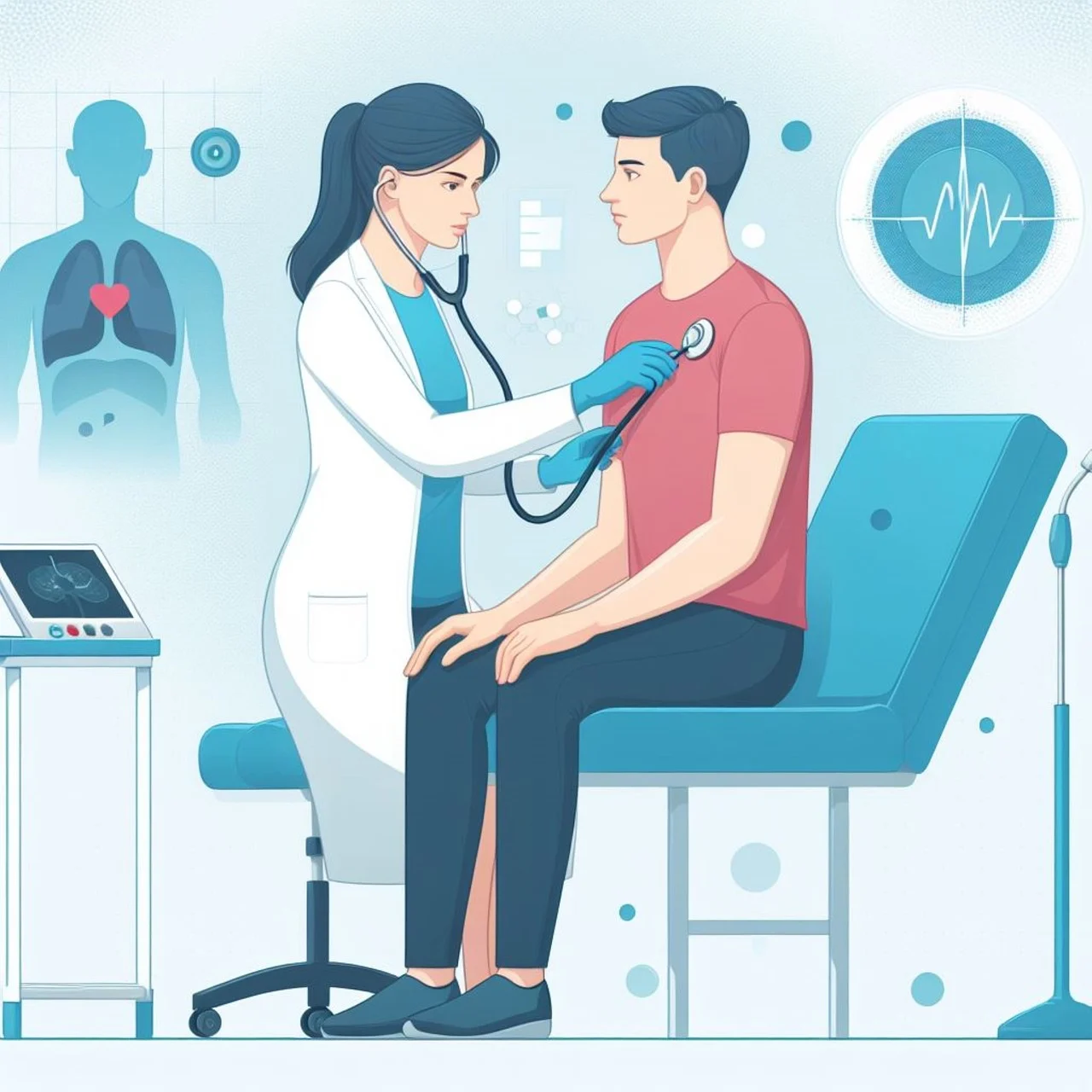
Mhd Shahid
Founder zappQ | Entr... • 9m
Your Time Matters: Introducing ZappQ The Healthcare App That Gives You Back Your Day In today’s world, time is more than just money, it’s peace of mind. And if there’s one area where people consistently lose time, it’s managing their health. Between
See More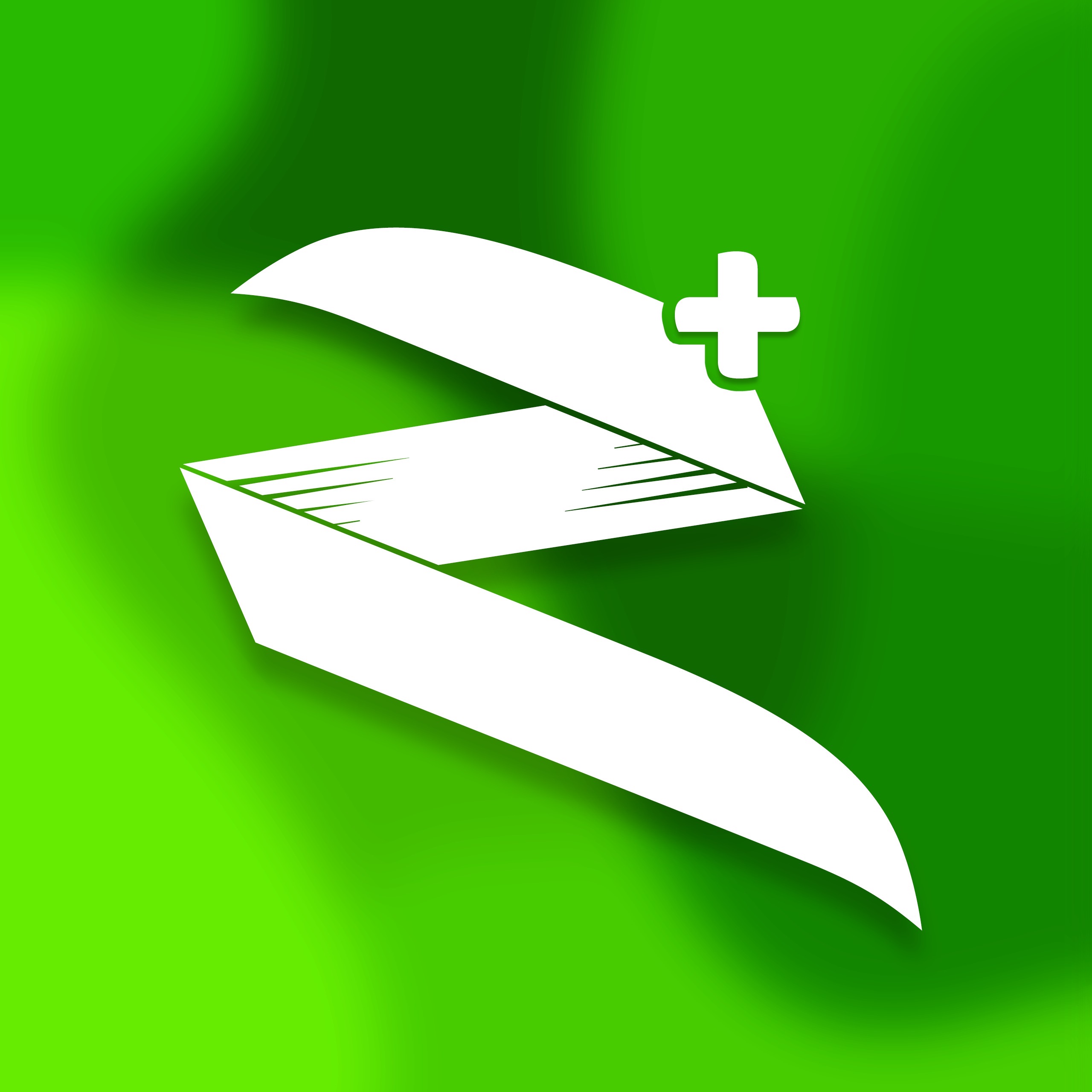
Download the medial app to read full posts, comements and news.


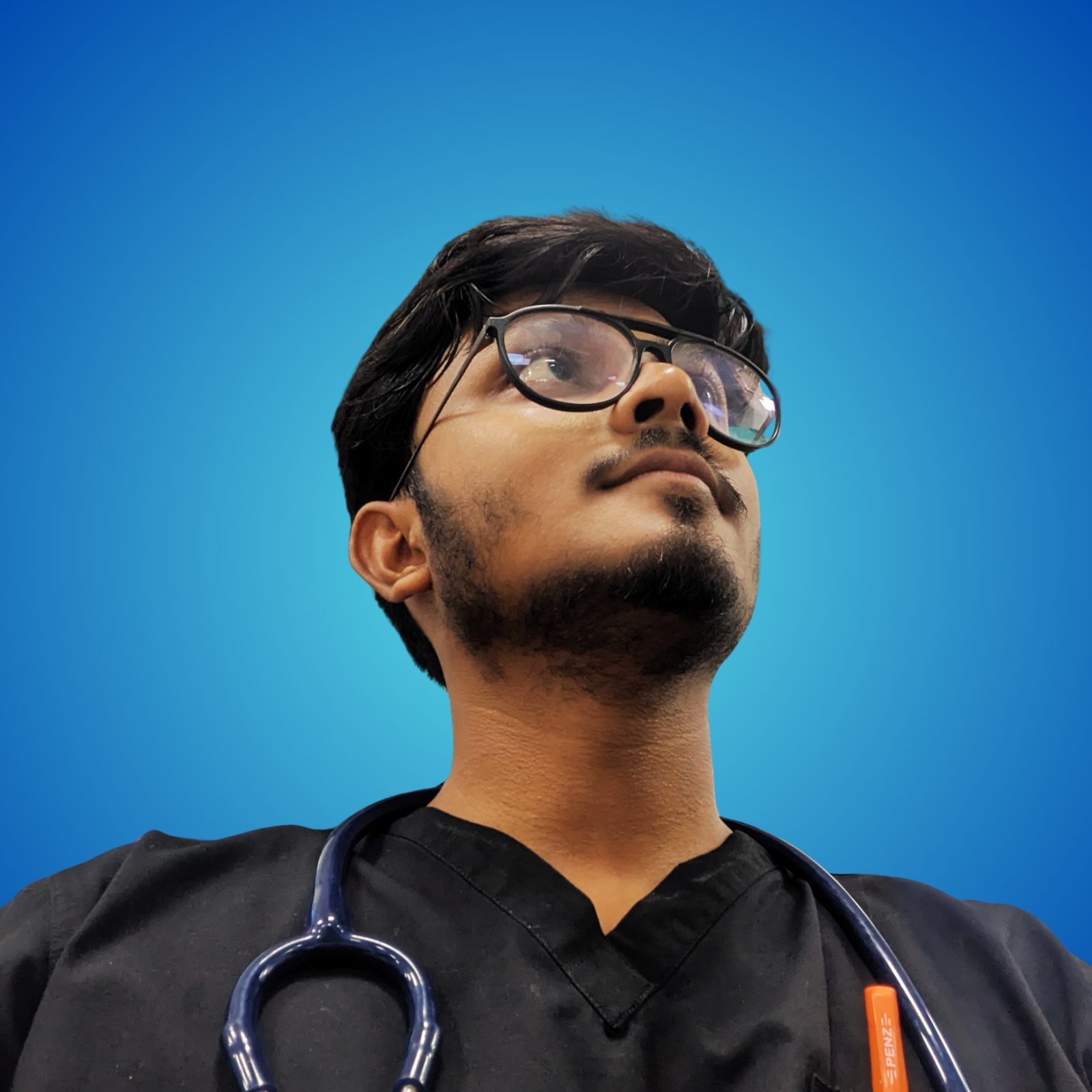







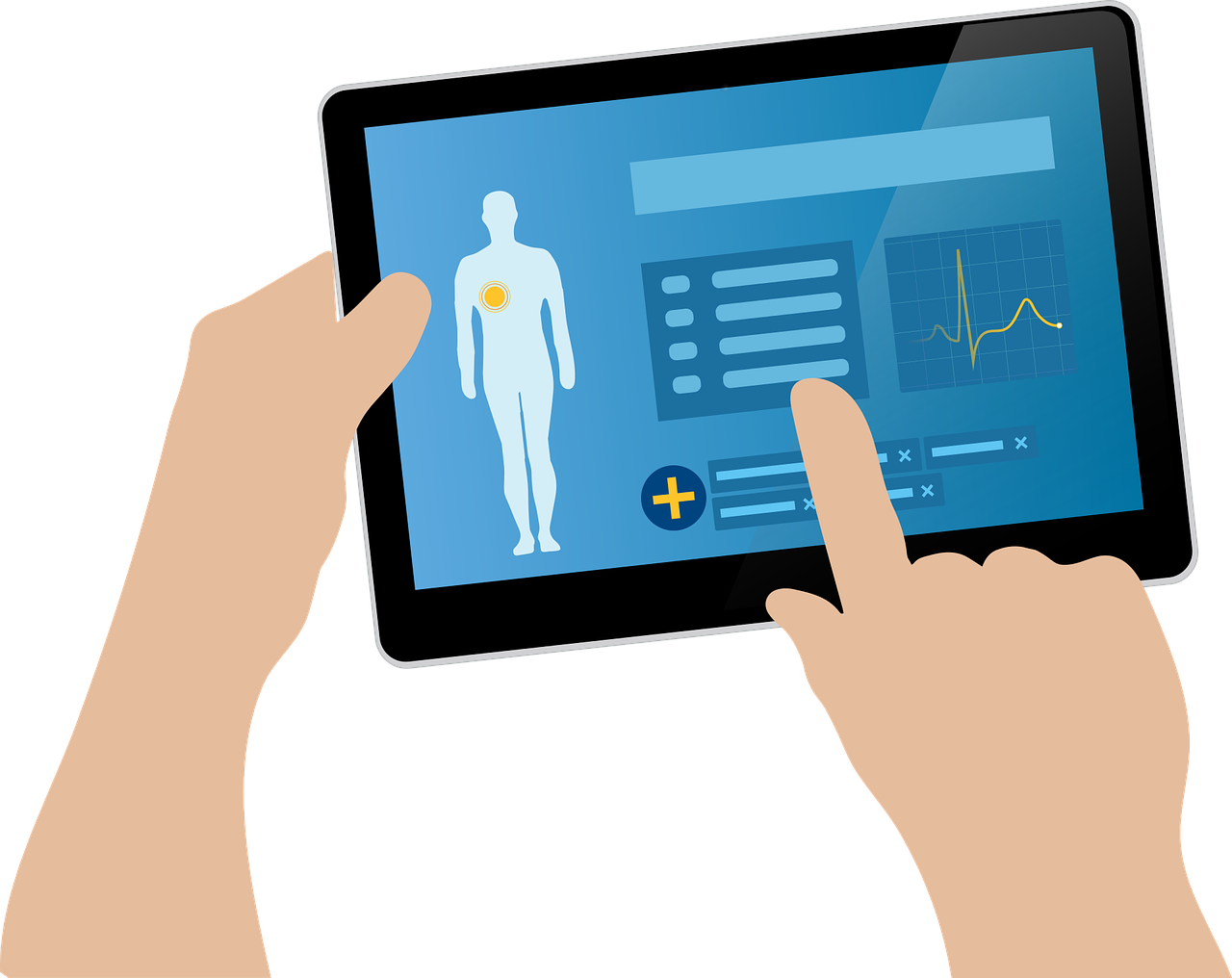



/entrackr/media/post_attachments/wp-content/uploads/2021/08/Accel-1.jpg)


















